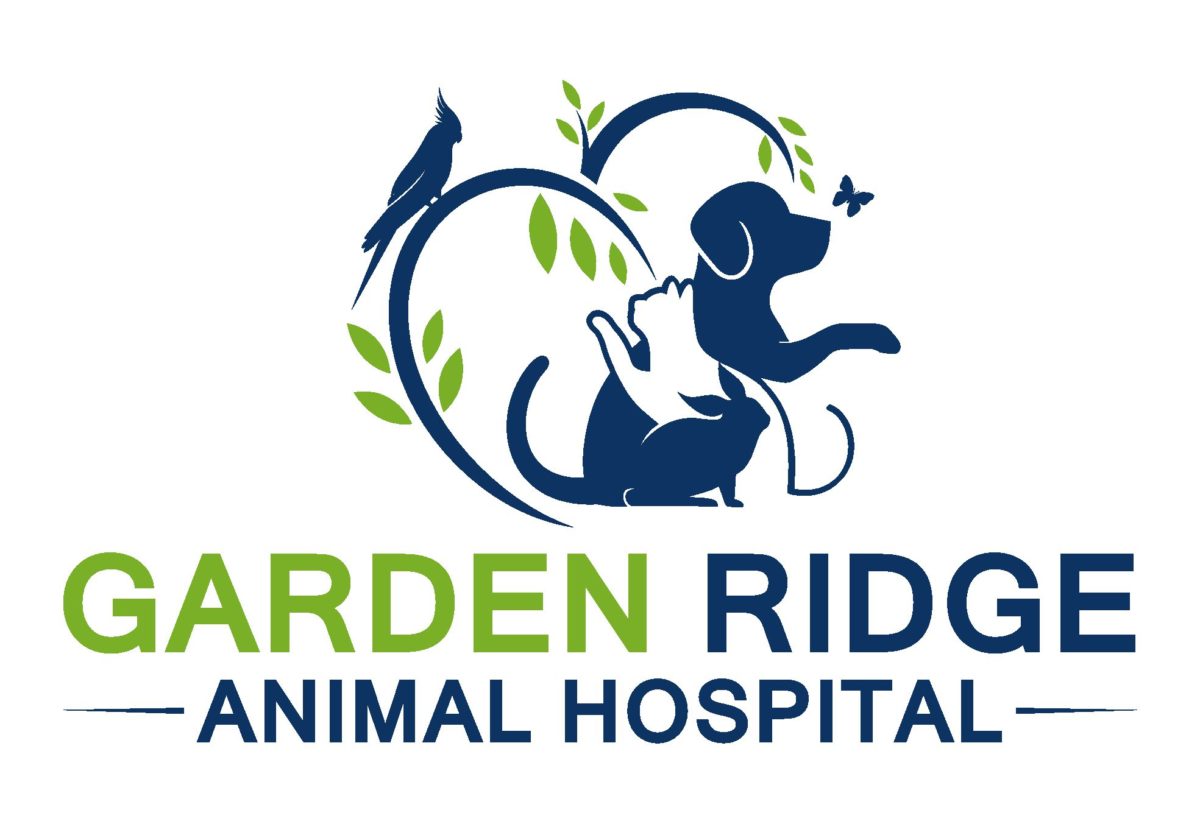We have known for years that grapes are toxic to dogs. But we did not quite know why until maybe now and homemade playdough is the reason. Veterinarian toxicologists at the ASPCA Poison Control Center made the connection between tartaric acid and grapes while managing the case of a dog who ate homemade playdough.
We have known for 20-plus years that grapes, along with raisins and currants, can be poisonous to dogs, but we never knew exactly why. There have been several theories about the toxic component of grapes and raisins. Tartaric acid became suspect when the ASPCA Poison Control Center consulted on a case involving homemade playdough made with cream of tartar, which contains potassium bitartrate, the potassium salt of tartaric acid, instead of table salt like most homemade playdough. Tartaric acid has a wide margin of safety in humans and common lab animals such as mice, and many of the studies in dogs are outdated, so tartaric acid was not previously on the radar as the possible toxic principle.
This dog’s symptoms were different than most homemade playdough cases and were more like the cases of sudden kidney failure seen with grapes than “normal” salt toxicity. The lightbulb moment came with the realization that tartaric acid and potassium bitartrate are uniquely present in high concentrations in grapes, and that dogs are members of a species that has been shown to be sensitive to tartaric acid—with acute kidney failure reported in the older studies. Upon further investigation, tartaric acid and potassium bitartrate kept checking off the boxes in support of the theory that they are the toxic principles in grapes and raisins.
Another food that might fit this explanation includes Tamarinds [a tree that bears fruit that is used both in medicine and in cooking]. Tamarinds also contain high amounts of tartaric acid and potassium bitartrate, and the Poison Control Center has had reports of severe vomiting and acute kidney failure following large ingestions.
The toxicologists anticipate that this breakthrough will open doors to a collaborative effort toward an improved understanding of grape and raisin poisoning and, potentially, better testing, treatment, and prevention.
https://www.aspcapro.org/resource/common-human-snack-toxicities-pets
https://www.aspca.org/news/leahs-close-call-handful-grapes-nearly-cost-one-dog-her-life



